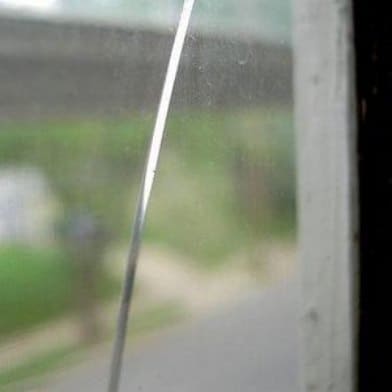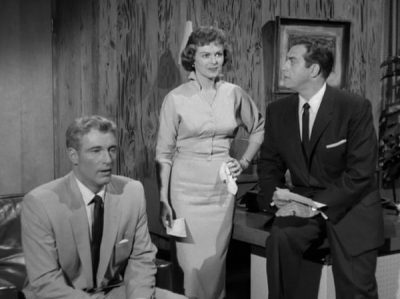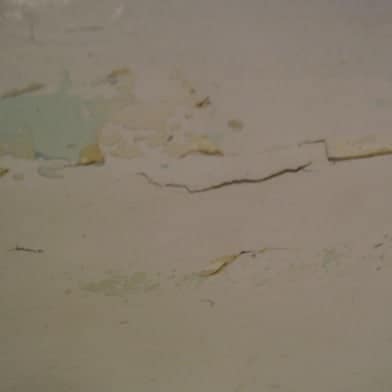
Should I Rent An Apartment That’s In Bad Shape?
Should I Rent An Apartment That’s In Bad Shape?
I recently moved to San Francisco and I’ve been apartment hunting. So glad I started reading your blog through Curbed, since renting in SF is just a whole different world than the rental situation back home. I’ve never even heard of a security deposit before I came here.
I saw a studio near Dolores Park that’s reasonably priced. It is one of 3 units in a pretty old looking building. However, a large window in the unit faces the street, and it has a big crack in it. I asked the landlord if he would replace the glass at some point and he says he cannot do that because it’s so old, he would have to replace the entire window. He said he would just leave it as-is. There is also a hole in the dry wall at the corner of the room and he has no plans to fix that either. Is there some sort of rules/regulations that says the landlord has to keep his unit in reasonable condition? Is a cracked window reasonable?
The San Francisco Housing Code and and California Civil Code §1941.1 and other statutes define a landlord’s duty to provide a habitable or tenantable premises. In this case, both the cracked window and the hole in the drywall are likely violations and could be cited by a housing inspector from the San Francisco Department of Building Inspection (DBI).
The cracked window could leak and/or let in the cold air in the winter (or summer in San Francisco) and the hole in the wall could be an entry/exit for vermin.
Maybe you don’t understand how the free market works. Landlords are given an opportunity to increase the rents to market rate after rent controlled tenants vacate. To remain competitive in a free market, they will, naturally, fix issues like the ones you describe. Right?
Like many tenants searching for housing in San Francisco, you’re facing a common conundrum. Do you rent the unit, despite it’s relatively minor problems, or do you point them out to your prospective landlord and risk losing an opportunity to rent a reasonably priced apartment?
In this case (this is not a legal opinion) I would likely opt to rent the unit if I thought it would work for me despite the small habitability issues. That what I did when I rented the apartment in which I currently reside. I have some drapes for the cracked windows. I don’t have any holes, but I could fix them myself.
If you do rent the apartment, you should take photos of the cracked window, the hole and anything else, like wood floors that need refinishing, cracks in the walls, peeling paint, etc., to document the condition of the unit at move-in. For example, you will need to to prove that the window was cracked before you moved in when the landlord withholds your security deposit, claiming that you cracked it.
If the conditions get worse or begin to bother you, ask the landlord to fix them (in writing). If he refuses, call DBI to get a housing inspector out to violate the unit.
If the breaches constitute substantial decreases in service you can petition the San Francisco Rent Board for a decrease in your rent.
You may want to join and consult the San Francisco Tenants Union if you decide to file a petition at the Rent Board. They can help you determine the values for your decreases in services.


 This is a dance you probably shouldn't try to do by yourself. Almost all tenants need a lawyer to lead. You likely have a better chance buying a house than you do prevailing in an unlawful detainer by defending yourself.
This is a dance you probably shouldn't try to do by yourself. Almost all tenants need a lawyer to lead. You likely have a better chance buying a house than you do prevailing in an unlawful detainer by defending yourself.






